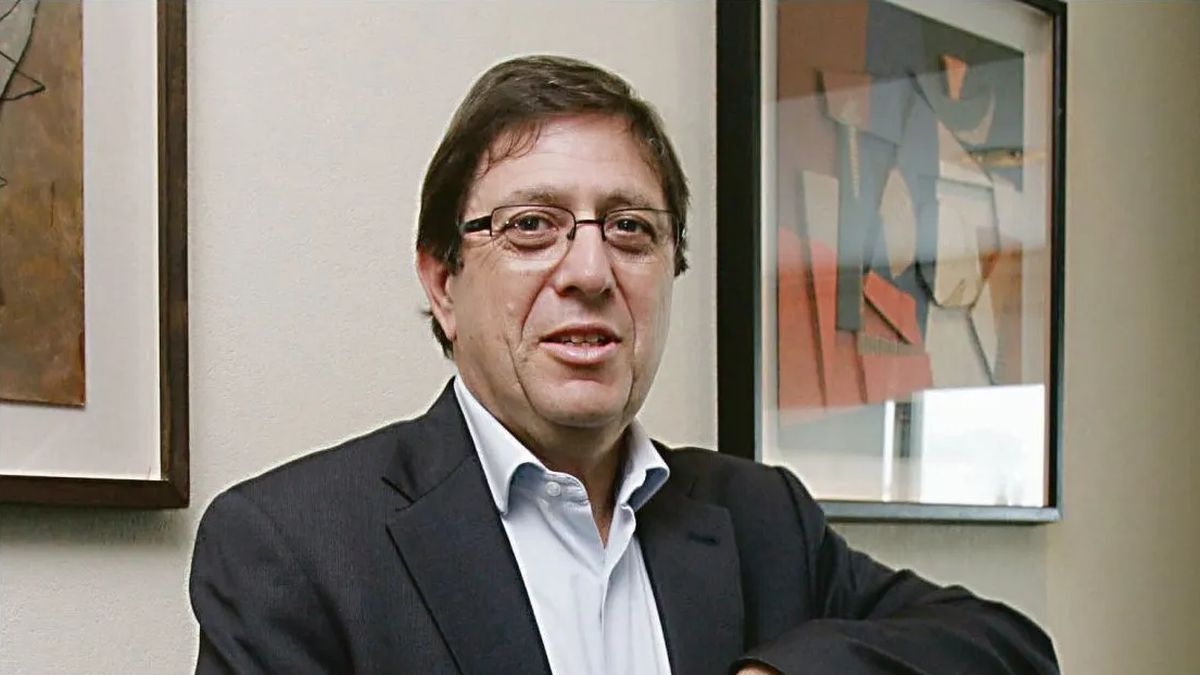The Government must put aside the chainsaw and resort to the scalpel to continue making the changes that are needed in the economywarned the finance specialist Miguel Kiguel.
Although he assumes that the inflation rate that will be announced in the coming days will be a single digit, Kiguel warned that the Government has other challenges ahead, for which it will have to use the scalpel to fine-tune.
“Milei came with a different approach, with a very strong adjustment and with the idea of the blender and the chainsaw. The issue is that it is reaching a point where it practically did everything that could be done, there is not much more blender to apply, pensions, salaries, public spending have already been liquefied”Kiguel said in radio statements.
I consider that “Now comes a job of fine tuning, of a scalpel more than a chainsaw. People want to see something else.”
“The fiscal deficit is great, it’s very nice that the Central Bank has less debt, but the time has come to see more results. Now the problems that the economy has are beginning to be seen. We have to start thinking about how people recover their purchasing power, how this is reflected in more consumption, more employment and more salaries.“he added.
Refering to inflation, The former executive director of the consulting firm Econviews believes that the index will remain between 4% and 6% for several months.
“I think that this month it will most likely be in the order of 8.2%. Next month it will be lower. I am not saying that it is reaching a floor, but we are beginning to see that the economy is asking for other things” , he pointed.
“The processes of lowering inflation are complex, they take time,” said Kiguel, who estimated it likely that inflation will remain between 4% and 6% for several months.
Regarding the exchange delay, Kiguel recommended being cautious until the harvest is over.
“When governments persist in setting a fixed exchange rate and do it for longer than the economy needs, they eventually have to make a second correction. Today it is difficult to say whether the dollar is behind or not, but I do maintain that This dynamic is difficult to maintain,” he warned.
Kiguel said that “there is an urgency to get dollars and for that we need a competitive exchange rate. For now the dollars are getting them.”
“To evaluate whether the exchange rate is good or bad, we will have to wait for the harvest to pass and know the reaction of the Central Bank, if it still has the capacity to buy, then we will see things as they really are,” he explained.
Source: Ambito




